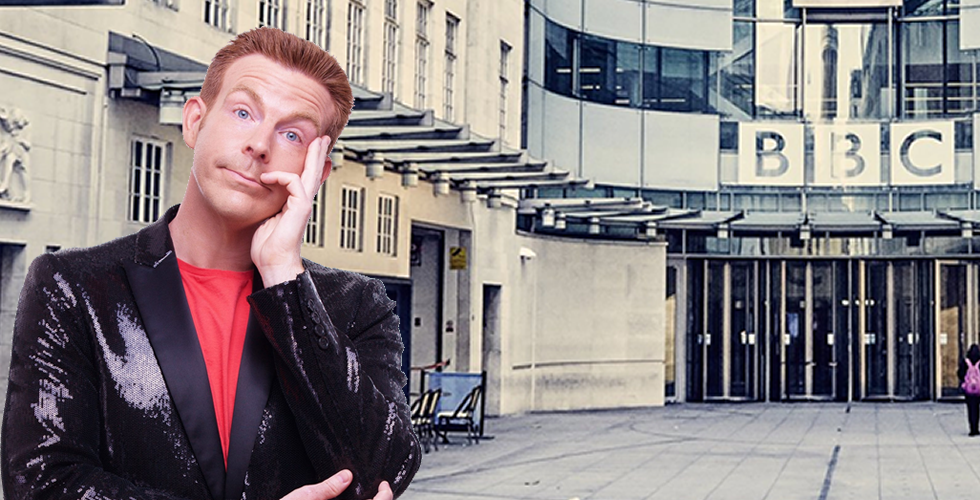The BBC television licence fee may be scrapped.
Culture Secretary Nadine Dorries confirmed at the weekend that she will keep the fee at £159 for the next two years with plans to scrap it in five years’ time.
But could this simply be either a distraction tactic, focusing BBC attention away from the Number 10 parties during lockdown, or as a way to punish the broadcaster for its coverage of those parties?
Regardless of what prompted the government to make the licence fee decision – which means the Corporation which employs 22,200 people must find £2bn in savings – ‘Auntie’ should have already been looking at more cost efficiency.
The BBC costs around £3.5bn a year to run.
On 95.9FM Andover Radio’s Morning Crew programme, today ex-BBC employee and campaigner for defunding the BBC Alex Belfield said, “2,709 employees have received a more than 10% pay rise.
“It costs the equivalent of 78,000 licence fees, just to collect the licence fee.
“The BBC spend over £700,000 on gifts for staff. They also booked and paid for 323 hotels they didn’t use.”
Mr Belfield also shared online that over £300m is lost due to unpaid licence fees, with only 11 people in 2018 being fined the full amount for licence fee evasion in 2016.
He added that despite being a ‘manager heavy’ organisation, the BBC recently spent over £4,000,000 on out-of-house consultants.
Former BBC Social Affairs Editor Polly Toynbee wrote for The Guardian yesterday, “The BBC is often considered the most respected media outlet in the world, with the World Service reaching 279 million people a week and the BBC News website the world’s most visited.
“What wouldn’t other countries give for such soft power? Instead, this global asset is tossed aside in the ideological mayhem created by this strange generation of nation-destroying Tories.”
Organisations like the Tax Payers’ Alliance and Defund The BBC support a campaign to decriminalise non-payment of the TV licence and reduce the scope of the BBC Charter to cover BBC content only.
Alex Belfield has been at pains to promote the set-up of BBC Studios, a commercial subsidy of the BBC that makes and distributes content paid for by the licence payer.
From its £1.4bn annual turnover it returns just £200m to the Corporation.
Alex Belfield is a radio and TV host who promotes civil liberties and freedom of speech; his YouTube channel has over 360,000 subscribers.





















